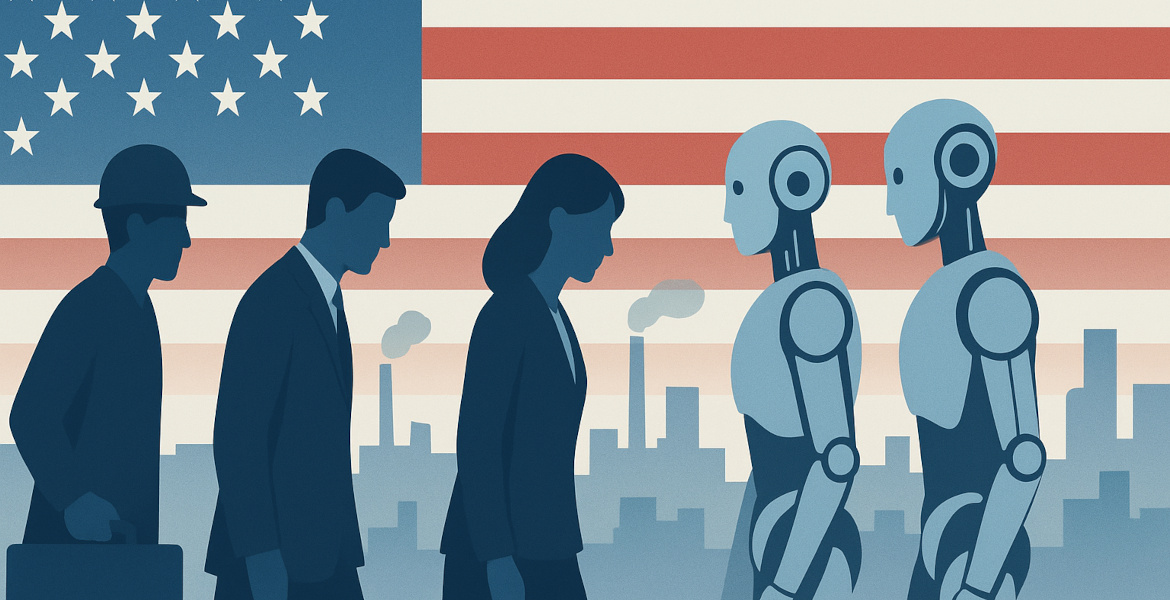Bitcoin hit a record high of $80,000 on Sunday, a milestone fueled by President-elect Donald Trump's support for digital assets and a crypto-friendly Congress.
Trump won Arizona, securing an overall victory in the seven key states. His convincing triumph in the US presidential election has created great optimism in the crypto industry, which spent over $100 million to support crypto-friendly candidates in the election.
– With the dust from Trump’s victory still settling down, it was only a matter of time before a run-up of some sort occurred given the perception of Trump being pro-crypto, and that’s what we’re seeing now, said Le Shi, Hong Kong-based director at market-making firm Auros.
The largest cryptocurrency, bitcoin, gained up to 4.7%, reaching a new high of $80,092, before dropping to around $79,700 during the morning in New York.
Crypto market optimism under Trump's leadership
During his campaign, Trump promised to make the United States a global center for digital assets, including the creation of a strategic bitcoin reserve and appointing regulators with a positive attitude towards cryptocurrencies. Bitcoin has risen by around 91% so far in 2024, driven by strong demand for US exchange-traded funds and interest rate changes from the Federal Reserve.
The rise in bitcoin, which reached new record levels after the election, has outpaced returns from traditional investments such as stocks and gold.
A significant portion of the growth has come from BlackRock's iShares Bitcoin Trust, which on Thursday reported record inflows of $1.4 billion in one day. This inflow, along with increased trading volume for the iShares ETF, is seen as a sign of how Trump's victory is reshaping the crypto market.




